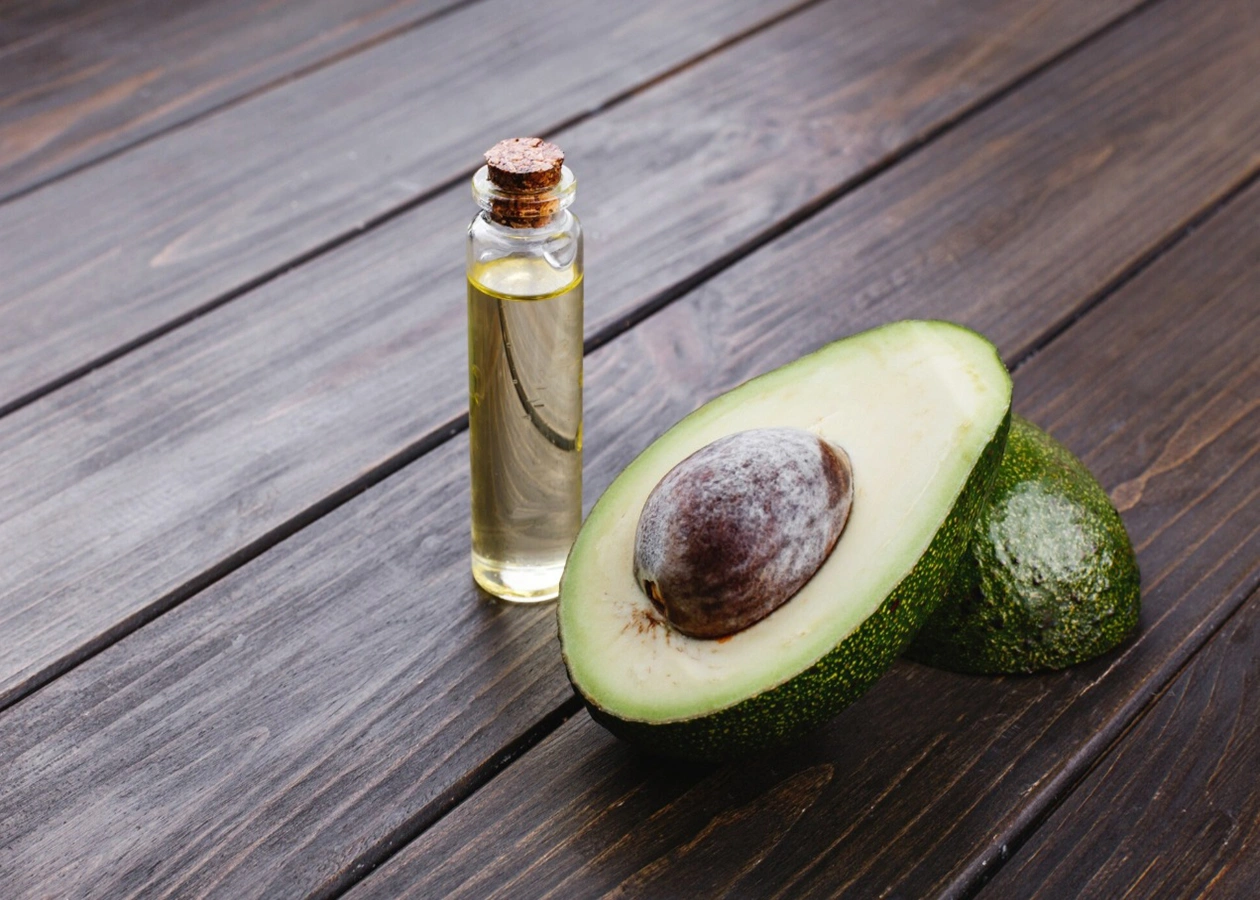
Many assume that plant oils are 100% healthy and that you should use more seed oils. However, if you are following a low-carb diet like the Keto or Carnivore Diet, or other animal-based diets, you need to be careful about plant-based oils like avocado oil. To learn if you can use avocado oil on Carnivore, we first need to answer the question, “Is avocado oil a seed oil?”, and then check if it is okay on Carnivore, or we can use better alternatives.
Avocado oil is a natural oil from the pulp of the avocado fruit. Unlike most vegetable oils, which are derived from seeds or kernels, avocado oil is made by pressing the creamy green flesh of the fruit itself.
Avocado oil is high in monounsaturated fatty acids (MUFAs), especially oleic acid, which can improve cardiovascular health, cholesterol levels, and reduce inflammation.
In addition, avocado oil contains vitamin E, phytosterols, and carotenoids such as lutein, which support skin and eye health.
Avocado oil has a neutral flavor and high smoke point (from 480°F to 520°F for refined versions), so it can be used for frying, roasting, grilling, and sautéing without breaking down or producing harmful byproducts. Its mild, buttery taste also works well in salad dressings, dips, and marinades.
Learn More: Avocado on a Carnivore Diet: Is Avocado Oil Allowed?
The short answer is no. The term seed oil refers to oils extracted from the seeds of plants, such as soybean, sunflower, canola (rapeseed), safflower, and corn oil.
These oils are produced through refining processes involving high heat and chemical solvents, which can lead to oxidation and nutrient loss.
However, avocado oil is not a seed oil. It is pressed from the fruit pulp, not the seed. In fact, avocado seeds contain tannins and other compounds that make them bitter and unsuitable for oil extraction.
So, avocado oil is one of the few fruit-derived cooking oils, meaning it is extracted from fruit flesh rather than seeds.
It is important because many people avoid seed oils due to concerns about their high levels of polyunsaturated fatty acids (PUFAs), instability at high heat, and links to chronic inflammation when consumed in excess.
Avocado oil, on the other hand, is high in MUFAs and much more stable, so it can be a better and healthier choice. So, if your goal is to eliminate seed oils, avocado oil does not fall into that group.
Learn More: Can You Eat Olives on a Carnivore Diet? Is It Healthy?
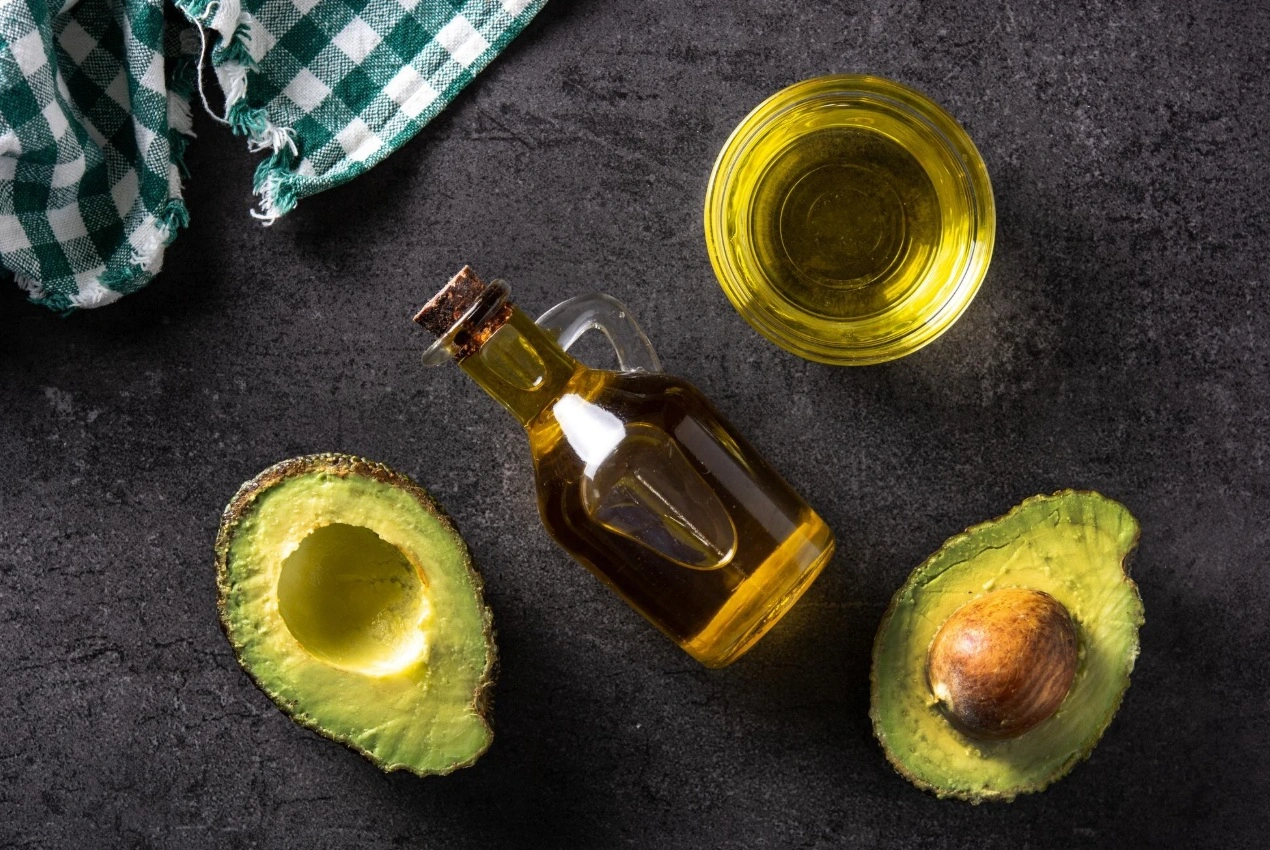
Seed oils are PUFA-heavy, more inflammatory, and unstable. So, they are often avoided on Carnivore and anti-inflammatory diets.
Fruit oils are mostly monounsaturated or saturated, more stable, and nutrient-rich. They are generally safer than seed oils.
The following table also compares seed oils and fruit oils to help you find out which can be better for you based on your diet, health status, and goals.
The process of making avocado oil depends on whether it is cold-pressed (unrefined) or refined. Both start with ripe avocados, but the techniques differ in terms of heat, processing, and final nutrient content.
Learn More: Can You Eat Ginger on a Carnivore Diet? Is It Healthy?
Fresh avocado flesh is mechanically pressed at low temperatures. The resulting oil retains its natural green color, rich avocado aroma, and high levels of antioxidants. It can be used for salad dressings, dips, or low-to-medium-heat cooking.
After pressing, the oil is filtered, heated, and sometimes bleached or deodorized to remove impurities, giving it a lighter color and milder flavor.
The main benefit is a very high smoke point (up to 520°F), making it good for frying or searing.
The short answer is yes, refined avocado oil is still a stable and safe oil, though cold-pressed oil contains more vitamins and phytonutrients.
However, one risk is adulteration. A 2020 study found that many commercial avocado oils were diluted with cheaper oils like soybean or canola.
To avoid this, buy from trusted brands, look for certifications, and choose oils packaged in dark glass bottles to protect against oxidation.
The table below compares the features of cold-pressed vs. refined avocado oil, so you can choose the one that best meets your needs.
Learn More: Tomatoes on a Carnivore Diet: Is Tomato Paste Allowed?
Avocado oil is almost entirely fat, providing concentrated calories without protein or carbohydrates. Each tablespoon (14g) of avocado oil contains about [1]:
Because it is 100% fat, avocado oil is suitable for the earlier stages of the Primal Diet, including the Low-Carb and Keto Diet. It can also be used in Paleo and Mediterranean-style diets.
In addition to fatty acids, avocado oil naturally contains:
Unlike seed oils, avocado oil is not easily oxidized, meaning it doesn’t easily form harmful free radicals when exposed to heat. These nutrients and features can lead to different health benefits in avocado oil.
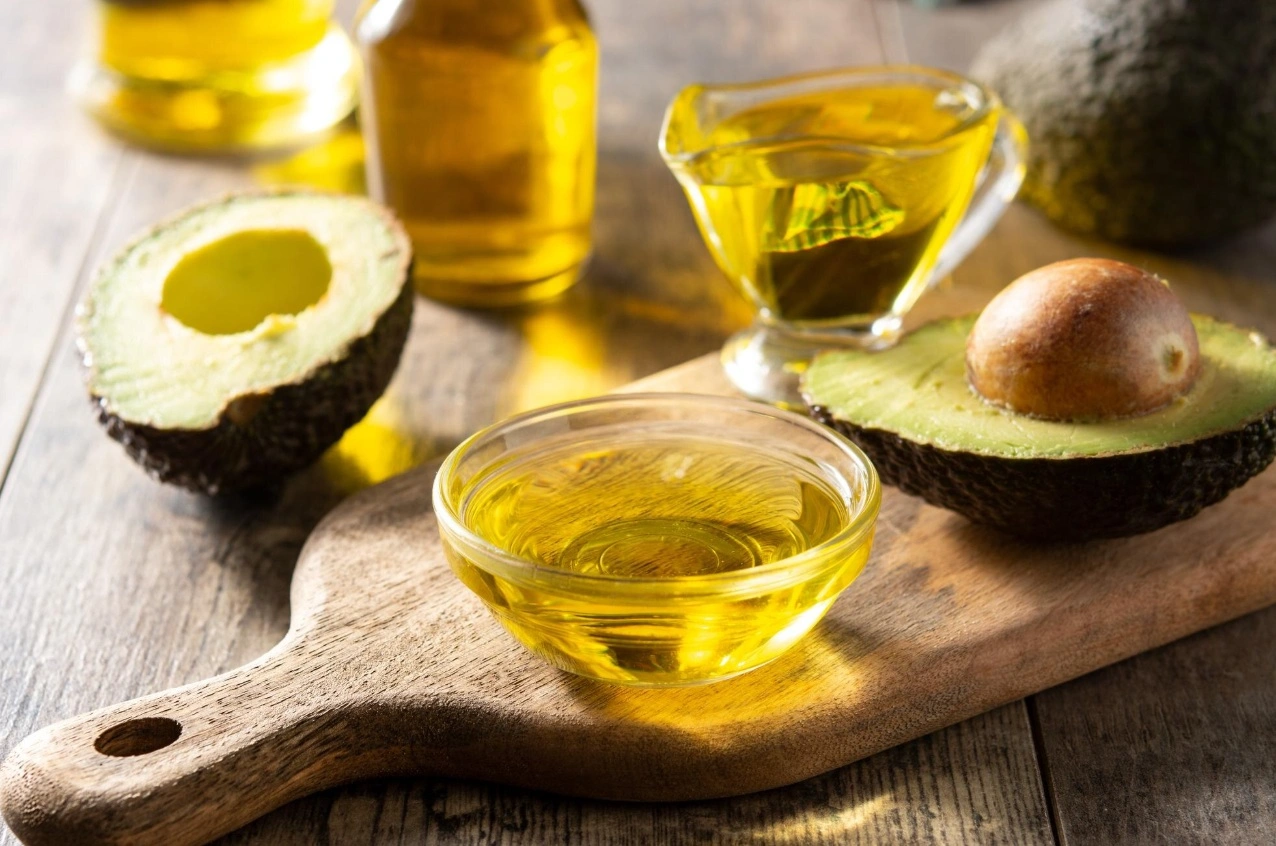
Now that we have learned the basics about avocado oil and have answered the question, “Is avocado oil a seed oil?”, let’s see if it can be used on a Carnivore Diet.
You probably know that the Carnivore Diet provides the daily macros and nutrients from animal-based sources, such as meat, fish, eggs, and animal fats like butter, ghee, or tallow.
So, the question is whether avocado oil can fit into a Carnivore lifestyle. Well, you don’t need avocado oil because animal-based fats like tallow, lard, or even butter provide the nutrients and macros you need.
Use this free Carnivore Macro Calculator to find the right balance of macronutrients based on your age, activity level, and gender.
Additionally, avocado oil is not allowed on a zero-carb Carnivore Diet for the following reasons:
Learn More: 20 Best Grass Fed Butter Brands and Why They Are the Best
Avocado oil is plant-based, not animal fat. Consuming any plant oil can break the diet, because Carnivore is meant to rely only on animal products. So, although avocado oil is mostly fat and has a small number of carbohydrates, it is technically off-diet.
Avocado oil is almost entirely fat (mostly monounsaturated), so it doesn’t usually cause digestive issues. However, consuming avocado oil can cause minor digestive upset for zero-carb carnivores because their gut is fully adapted to zero-carb, zero-plant fat eating.
There might also be changes in satiety signaling, since plant fats cannot trigger the same hormonal responses as animal fats like tallow or butter.
Learn More: Is Beef Tallow Healthier Than Vegetable Oil?
Both avocado oil and tallow are low in pro-inflammatory omega-6, but tallow is more oxidation-resistant and naturally provides anti-inflammatory nutrients like CLA and butyrate.
Also, avocado oil is more prone to oxidative damage if it is overcooked or stored in poor conditions. Tallow is more stable for cooking and less likely to produce inflammatory oxidized compounds than avocado oil. It also has a longer shelf life.
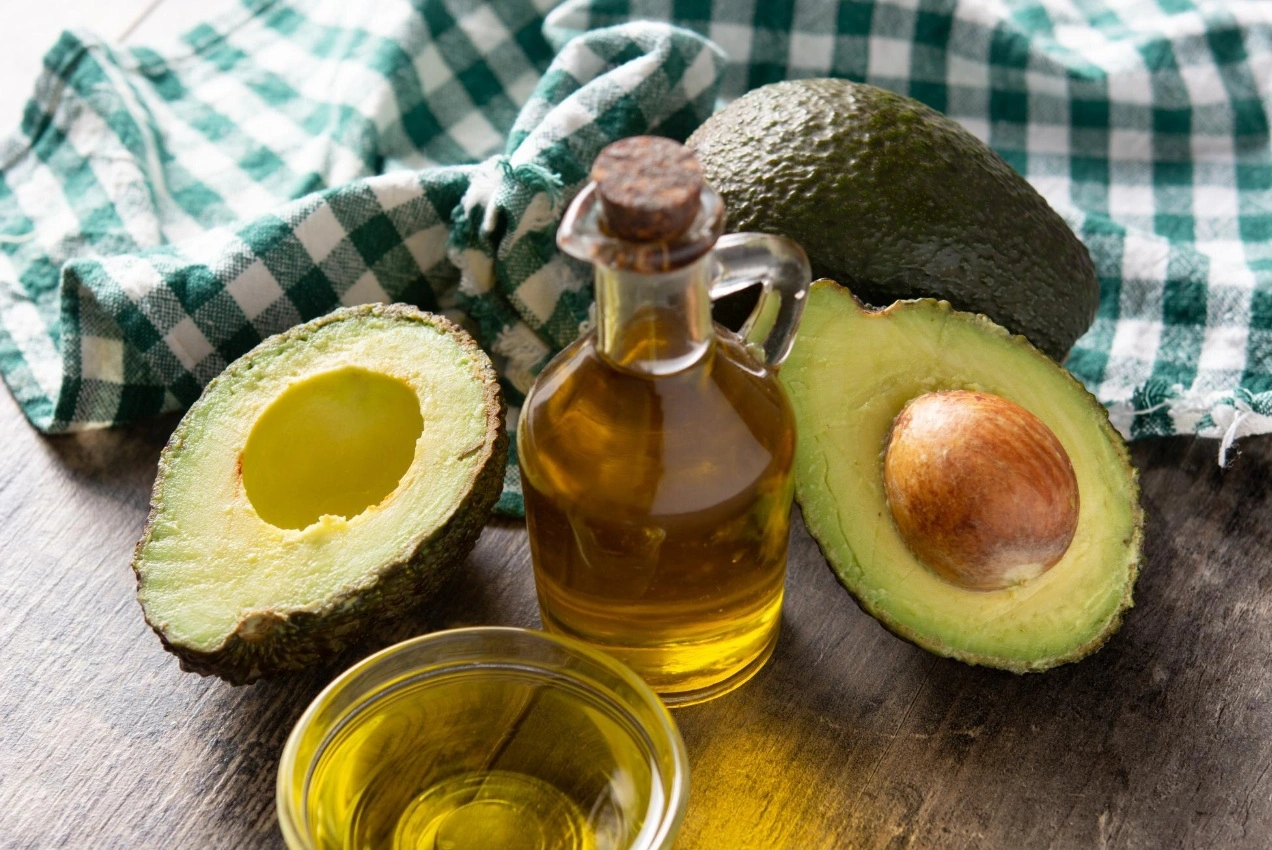
Avocado oil lacks protein, micronutrients, and animal-based nutrients like B12, heme iron, taurine, and healthy cholesterol.
If you rely on it too much instead of animal fat, you could shift your fat-to-protein ratio in ways that affect energy, muscle preservation, or nutrient balance.
Tallow contains animal-derived nutrients essential for health on a Carnivore Diet, while avocado oil is just fat calories + antioxidants without animal-specific nutrients.
Learn More: Beef Tallow for Cooking Healthy & Yummy Carnivore Diet Foods
While avocado oil is healthy, mostly anti-inflammatory, and high in monounsaturated fats, tallow is better for cooking (less oxidation), contains more anti-inflammatory nutrients like CLA, butyrate, vitamins A, D3, and K2, and supports hormonal and metabolic function by providing good cholesterol and fat-soluble vitamins.
Animal fats, especially from grass-fed animals, contain small but important long-chain omega-3s, like EPA and DHA precursors, and a better balance of omega-6.
Avocado oil mostly contains monounsaturated oleic acid, with almost no omega-3s.
Learn More: Can I Use Coconut Oil on a Carnivore Diet?
So, we shouldn’t forget that it is not always the case that one oil is “bad” and the other is “good”; it is rather a matter of suitability and compatibility. Animal-based fats are more Carnivore-friendly.
When purchasing avocado oil, quality matters. Poor-quality or adulterated oil won’t deliver the same benefits. To choose the best avocado oil:
Learn More: Easy Low Carb Dinner Ideas with Recipes for Keto & Carnivore
Avocado oil is usually compared to canola oil, one of the most widely used seed oils. While both are technically plant-based, their nutritional profile and production processes are quite different.
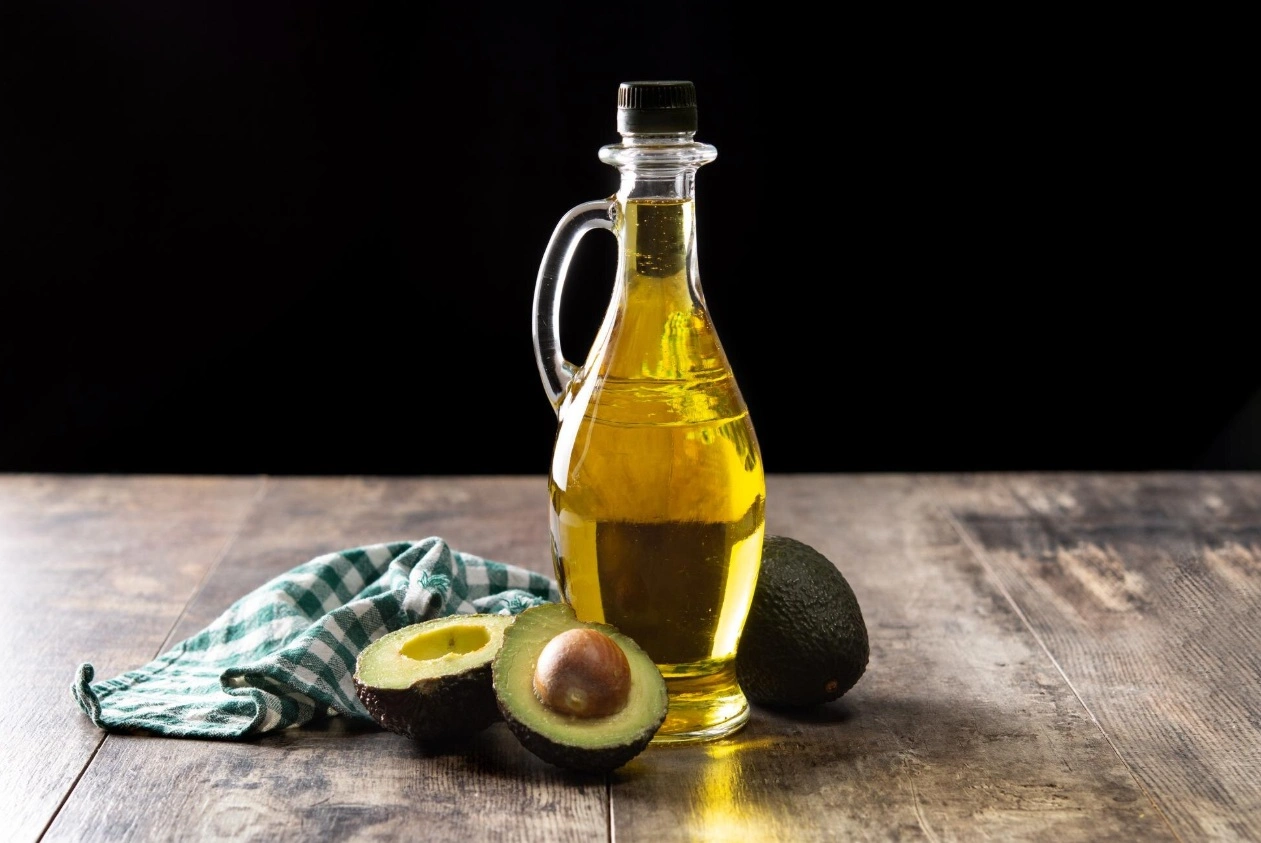
The main differences between avocado oil and canola oil include:
Learn More: 15 High Protein Low Carb Meals You Must Try to Lose Weight
So, the answer to the question, “Is avocado oil a seed oil?”, is no. Avocado oil is a fruit-derived oil pressed from the fruit pulp, not the seed.
If you follow a Carnivore Diet, you don’t need avocado oil, as you can get the nutrients you need from animal-based fats like grass-fed tallow.
However, if you are following a Low-Carb or Keto Diet, or other diets that allow plant-based products, you can use cold-pressed avocado oil as a safe, non-seed alternative that outperforms most vegetable oils in stability and health benefits.
Here are answers to the most frequently asked questions regarding avocado oil.
Yes, avocados grow on evergreen trees, which were native to Central America and are now farmed globally.
No, it comes from the fruit pulp, not the seed.
No, it is classified as a fruit oil, like olive oil.
One tablespoon of avocado oil contains about 120 calories.
Yes, but it contains fewer antioxidants than cold-pressed versions.
Avocado oil is generally healthier, more stable, and richer in antioxidants.
Yes, like all oils, it can turn rancid over time. If it has an off smell, cloudy appearance, or bitter taste, it has gone bad.
Yes, refined avocado oil has one of the highest smoke points (520°F). So, it can be used for frying and grilling.
Somehow. Avocado oil is mostly monounsaturated fat and has anti-inflammatory effects, unlike seed oils high in omega-6 PUFAs. However, tallow is less anti-inflammatory than plant-based oils.
Yes, it moisturizes, protects against UV damage, and supports wound healing when applied topically.
Small amounts may be safe in food, but always check with a vet. Large amounts of avocado, especially the pit and skin, can be toxic to some animals.